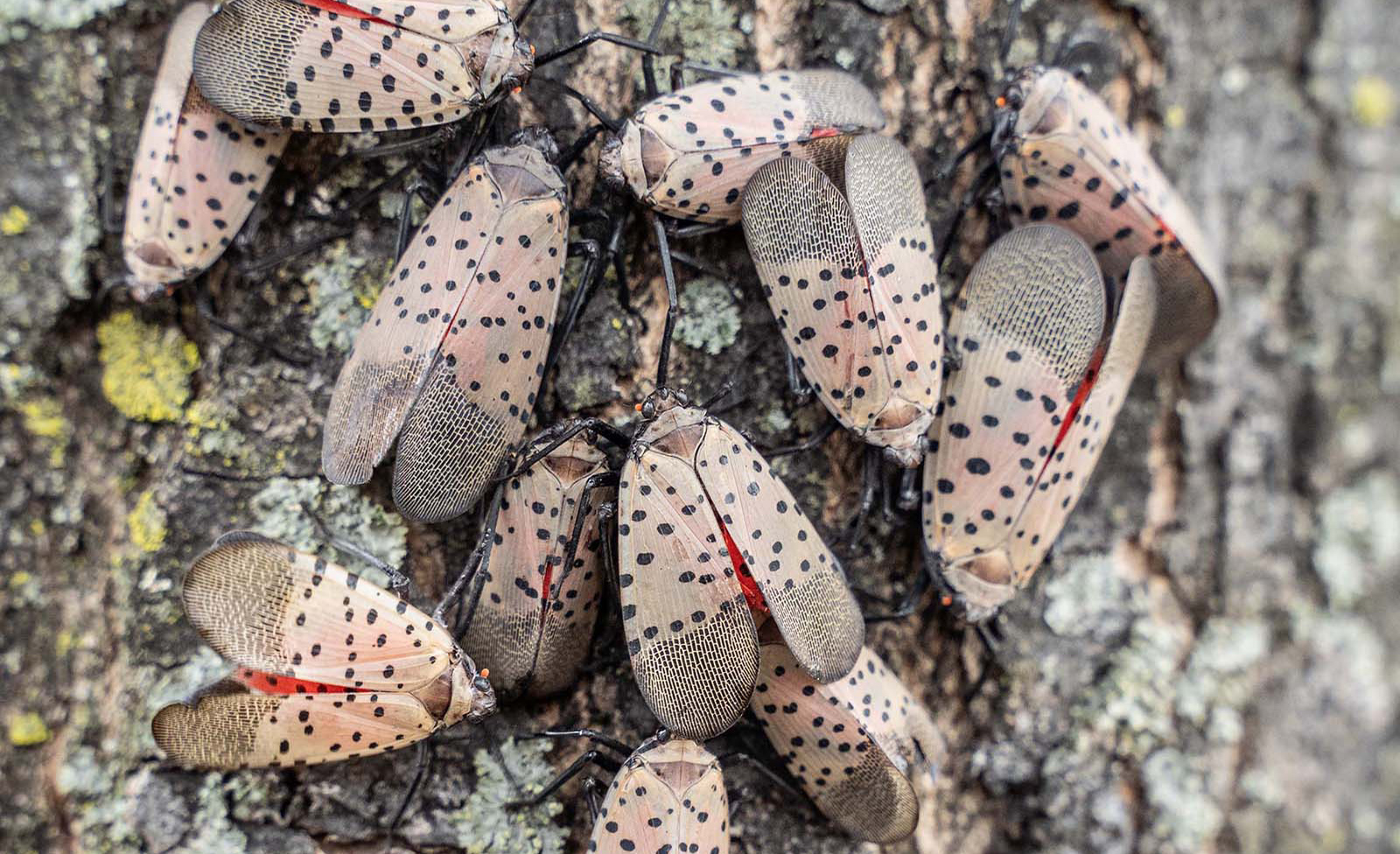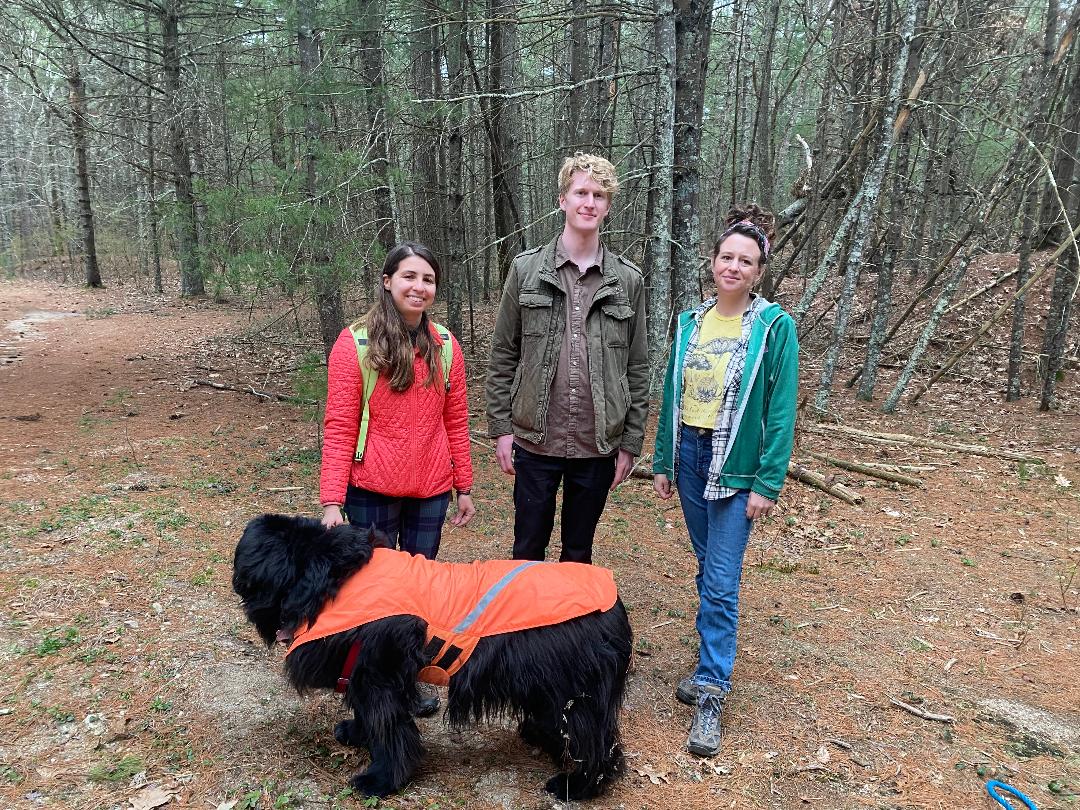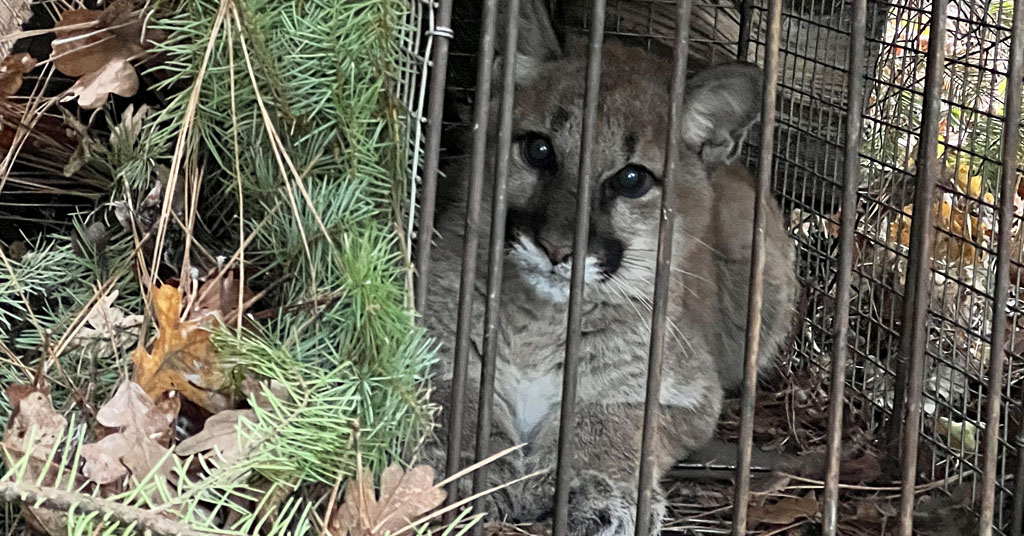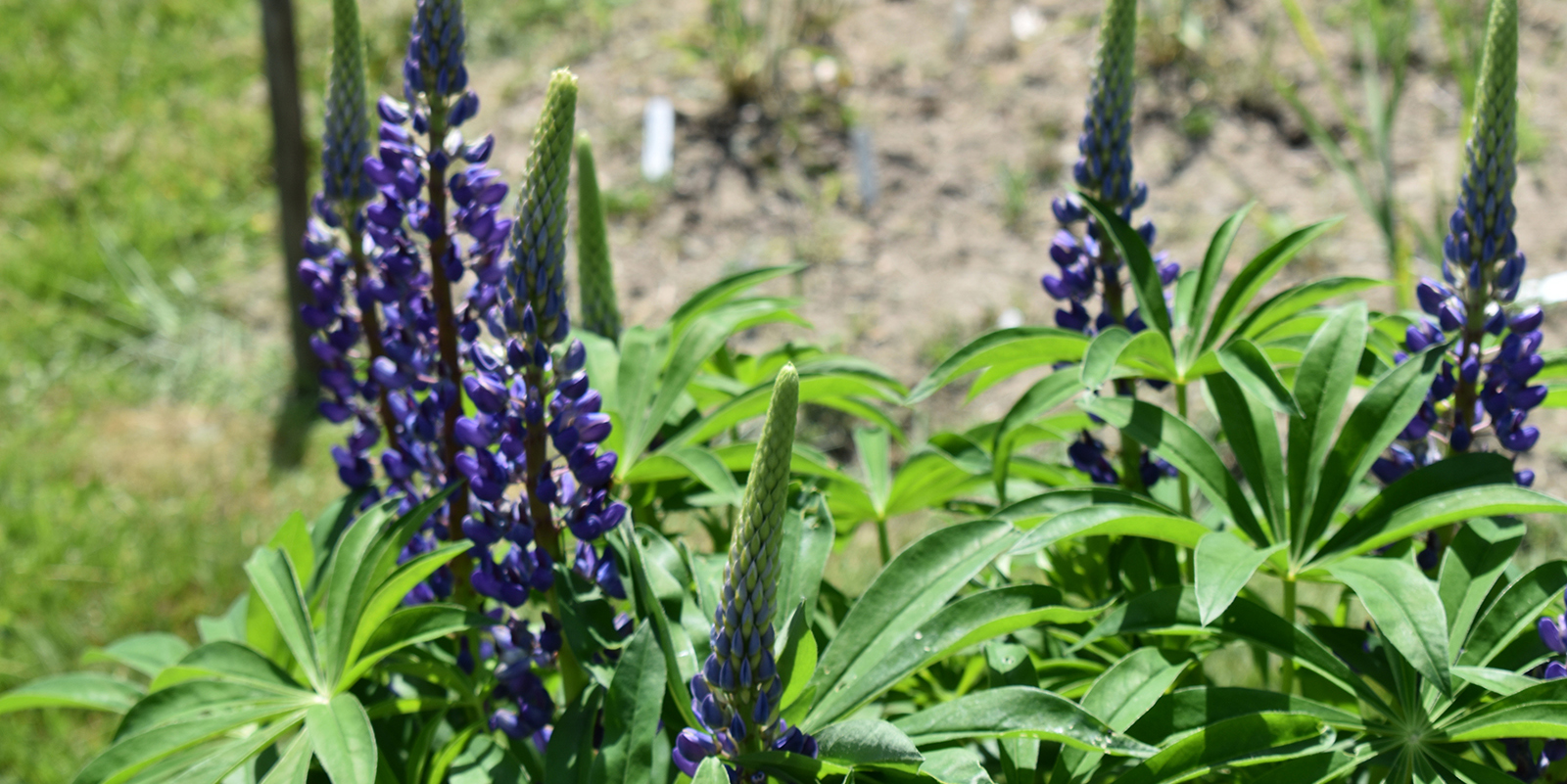URI Professor Part of International Team that Chronicled ‘Enormous’ Global Threat Posed by Invasive Species
September 7, 2023
A worldwide scientific intergovernmental group on biodiversity, which included a professor from the University of Rhode Island, provides evidence of the global spread and destruction caused by invasive alien species and recommends policy options to deal with the challenges of biological invasions.
The comprehensive report, released Sept. 4 by the Intergovernmental Science-Policy Platform on Biodiversity and Ecosystem Services for the United Nations, found the threat posed by invasive species introduced into new ecosystems is “enormous.”
In 2019, invasive species caused an estimated $423 billion in damages to nature, food sources, and human health. These alien invaders have also contributed to 60% of recorded animal and plant extinctions, and were the sole factor in 16% of extinctions, according to the report.
“This is the first global report on invasive alien species anywhere,” said Laura Meyerson, a URI professor in natural resources science and a contributing lead author on the report. “It’s truly an effort of scientists from around the world. The data touch on every world region, every biome and all major taxa — plants, vertebrates, invertebrates, micro-organisms, fungi.”
Invasive species pose to a threat biodiversity, ecosystem services, and human well-being. The report is designed to raise public awareness to “underpin action to mitigate the impacts of invasive alien species.”
In a 2019 assessment, the U.N. organization found that invasive species — plants, animals, and microbes introduced into new environments — are one of the five major drivers of biodiversity loss. The 2023 report, “Assessment Report on Invasive Alien Species and Their Control,” compiled evidence of the threat based on 2019 data, providing an assessment of the future growth of invasive species and thoughts on controlling coming biological invasions.
The report found more than 37,000 alien species have been introduced by people to areas around the world, including more than 3,500 harmful invasive species that are negatively impacting nature and people’s quality of life.
Of the 37,000 alien species known today, 37% have been reported since 1970, fueled by the growth of global trade and human travel. If nothing changes, the report warns, the numbers of alien species will continue to grow — and their effects on ecosystems increased by the interaction with such forces as climate change.

Meyerson was among the contributing lead authors who joined the report’s co-chairs in drafting the lead chapter and the summary for policymakers. She was the lead author of the report’s second chapter offering a global analysis on the status, trends, and data gaps on invasive species across regions and taxonomic groups. The chapter, which integrated seven global databases, is the largest single database of invasive species available, including 37,591 alien species and 5,260 invasive alien species.
While the global assessment focused on large regions, examining the evidence on a global scale, the report is highly relevant to Rhode Island and New England, according to Meyerson.
“The assessment includes information on many species that are plaguing our region including phragmites, green crabs, chestnut blight, Japanese knotwood, and beech leaf disease,” she said.
In the Ocean State, however, the sale of alien plant species is allowed with little warning, even as Japanese barberry and burning bush outcompete native woodland vegetation. The years-ago importation of other invasive species are now ubiquitous, pulling down native trees and strangling native plants.
Japanese knotweed can grow 3 inches a day and reach 10 feet in height. Oriental bittersweet can climb to 60 feet, strangling host trees. Tree-of-heaven can reach a height of 80 feet and grow to be 35-50 feet wide. Unruly multiflora rose smells wonderful but is nasty to local plants. Glossy buckthorn can colonize without disturbance, and extensive stands of it can produce conditions favored by deer ticks.
Rhode Island is the only New England state that doesn’t have a complete list of invasive plants. While the other five states have a long list of invasive species that are banned, or at least identified in Connecticut’s case, the Rhode Island Department of Environmental Management’s invasive plants webpage notes the damage inflicted by non-native species but only mentions one: phragmites, which aren’t sold at nurseries and garden centers. (DEM does have an extensive list of aquatic invasive plant species.)
The report highlights that future biological invasions, invasive alien species, and their impacts can be prevented through effective management and integrated approaches. Prevention measures that can be successful include border biosecurity and strictly enforcing import controls, eradication, and containment through physical, chemical or biological measures, according to the report.
“One of the most important messages from the report is that ambitious progress in tackling invasive alien species is achievable,” said Peter Stoett, co-chair of the assessment and professor at the University of Ontario Institute of Technology. “What is needed is a context-specific integrated approach, across and within countries and the various sectors involved in providing biosecurity, including trade and transportation; human and plant health; economic development and more. This will have far-reaching benefits for nature and people.”
The report took more than four years to develop and included the work of 86 international experts from 49 nations, and another 199 contributing authors from around the world.




We are in a terrible mess and it seems to be getting worse. But we still have hope and action fuels hope. So get out and do something about the problems we face.
Last fall, we purchased and autumn clematis, Paniculata, at the Farmer’s Daughter, and now find that it is invasive and will need to tear it out. Well reputed garden centers should know better.
You are so right Penny. I was just at Briggs-Boesch Farm, an East Greenwich Land Trust property, this past Sunday and there are areas covered with sweet autumn clematis. Full disclosure–I worked at a garden center for 12 years and sold my share of this plant, not realizing how awful it is. Sadly, these plants aren’t banned in RI and can be legally sold.
Laura was on National PBS Newshour yesterday 09/09/23 discussing the invasive species with William Brangham. She made the crisis clear and easy to understand. Would be great to hear from her at local agriculture events! PBS NEWSHOUR
The environmental and financial costs of invasive species. https://www.pbs.org/video/invasive-species-1694289250
In 2019, DEM opposed a bill, the Protection From Invasive Plant Species Act, which would have required DEM to create a list of invasive plant species, regulate their sale, and enforce compliance.
http://webserver.rilin.state.ri.us/BillText/BillText19/SenateText19/S0411.pdf
https://ecori.org/2022-1-20-invasive-species-tighten-grip-on-ocean-states-native-plants/